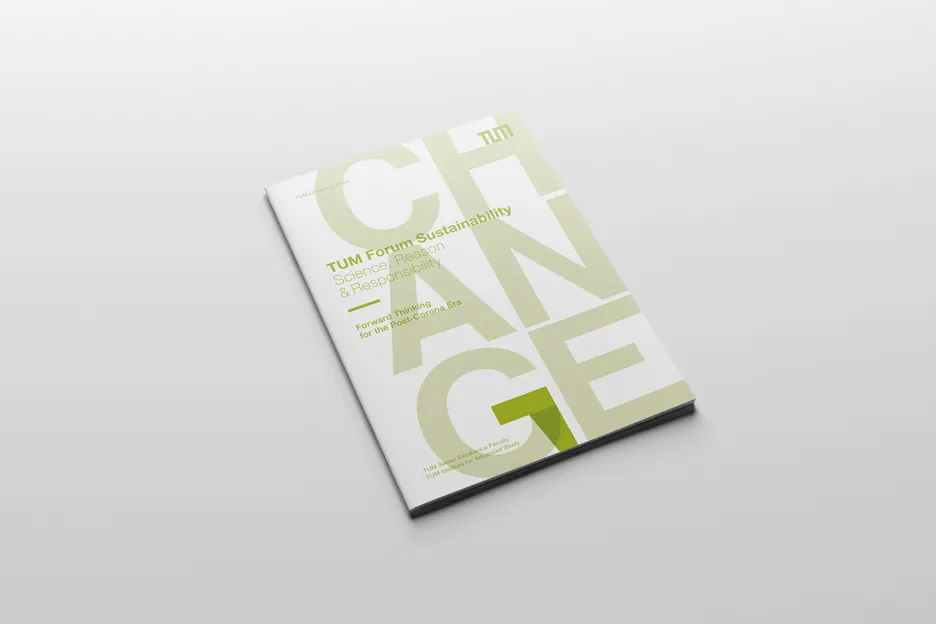Publication CHANGE
Food for thought – answers for the world after Corona
The Covid-19 pandemic was and is a fundamental dislocation for the entire globe, the likes of which we have not known since 1945. It affects our common life in states, but also the relations between states, alliances, economic areas and the entire state system. It affects our economic and social system as well as our education and health systems, mobility, and global trade.
What we suspected in the summer of 2020 is now a certainty: the Corona pandemic confronts the international community with transnational challenges of historic proportions. As a result, the world is undergoing a fundamental transformation.
In this global change process lies the opportunity to transform the standstill that has arisen into progress for society as a whole. The past months have shown the value that science can have in analyzing and overcoming crises.
The anthology “Food for Thought for the Post-Corona Era” is the most elaborate work to date by the TUM-IAS and the TUM Senior Excellence Faculty. Over 90 authors, including many TUM-IAS members, produced this anthology in just six weeks in the summer of 2020, and it was published in English in May 2021. In light of the Corona pandemic, it stands for the need to initiate a radical change in politics, economy and society. From a professional perspective, the authors want to contribute to making the future more people-friendly, also for generations to come.
Central questions
The central questions are: What do “responsibility” and “sustainability” mean in political, economic and social action? What are sustainable innovations in technology, communication and education? How can digitization and artificial intelligence contribute to solving these grand challenges? In 70 transdisciplinary chapters on the topics of sustainability, politics and society, basic research, technology and IT, living spaces (urban, rural, mobility), economy, health and medicine, education and the world of work, and with a special emphasis on Africa, the authors take up the “change” idea and describe the need for action as well as possible solutions.
The book with its theses and proposals aims not only to create awareness for change and “responsible innovation”, but also to identify concrete, implementable projects, to work on them, and also to hand them over as clear recommendations for action to political mandate holders, science and society.
